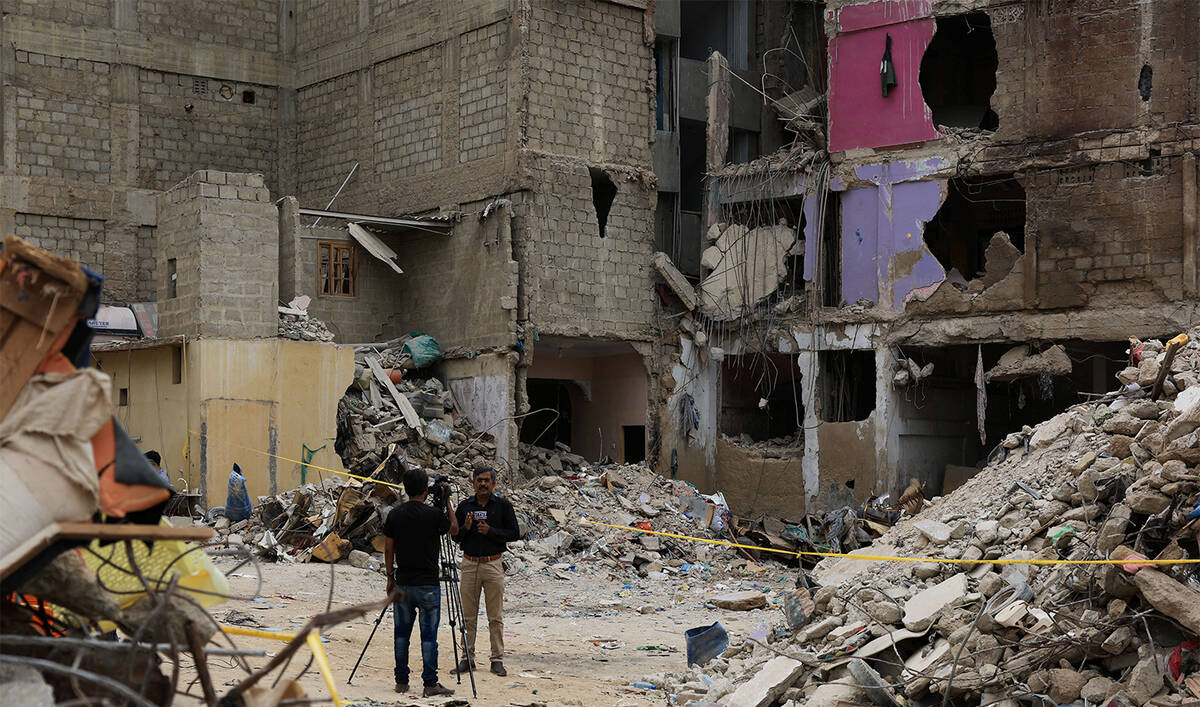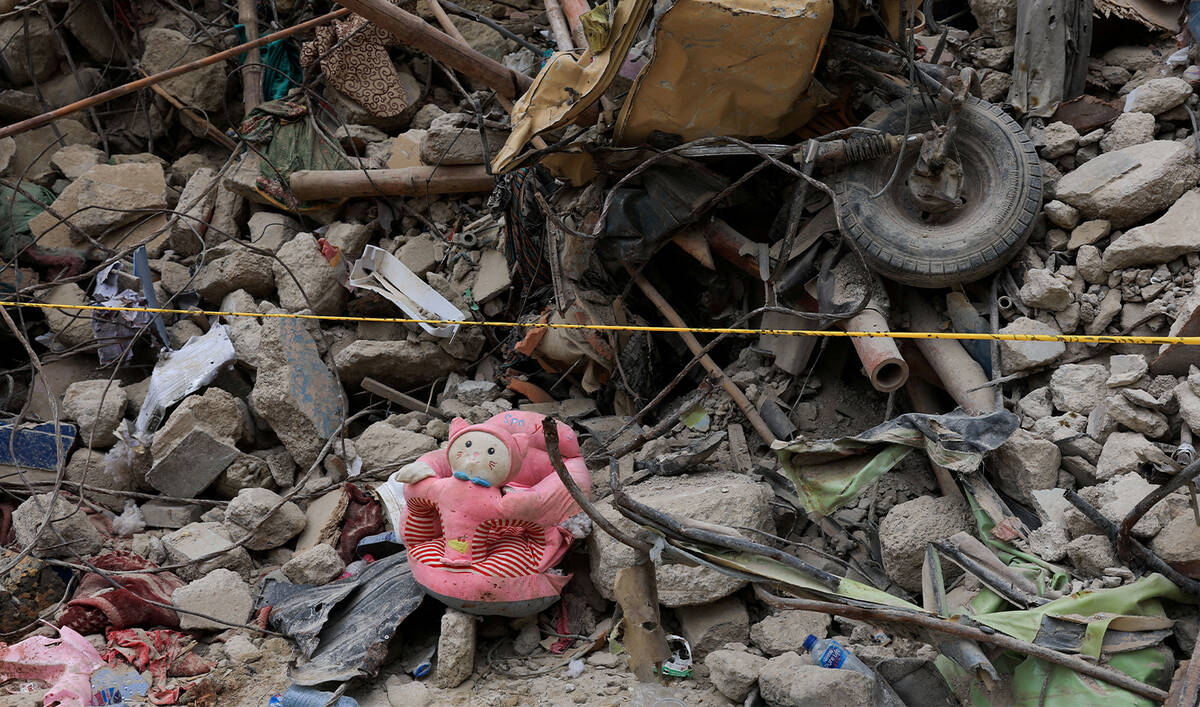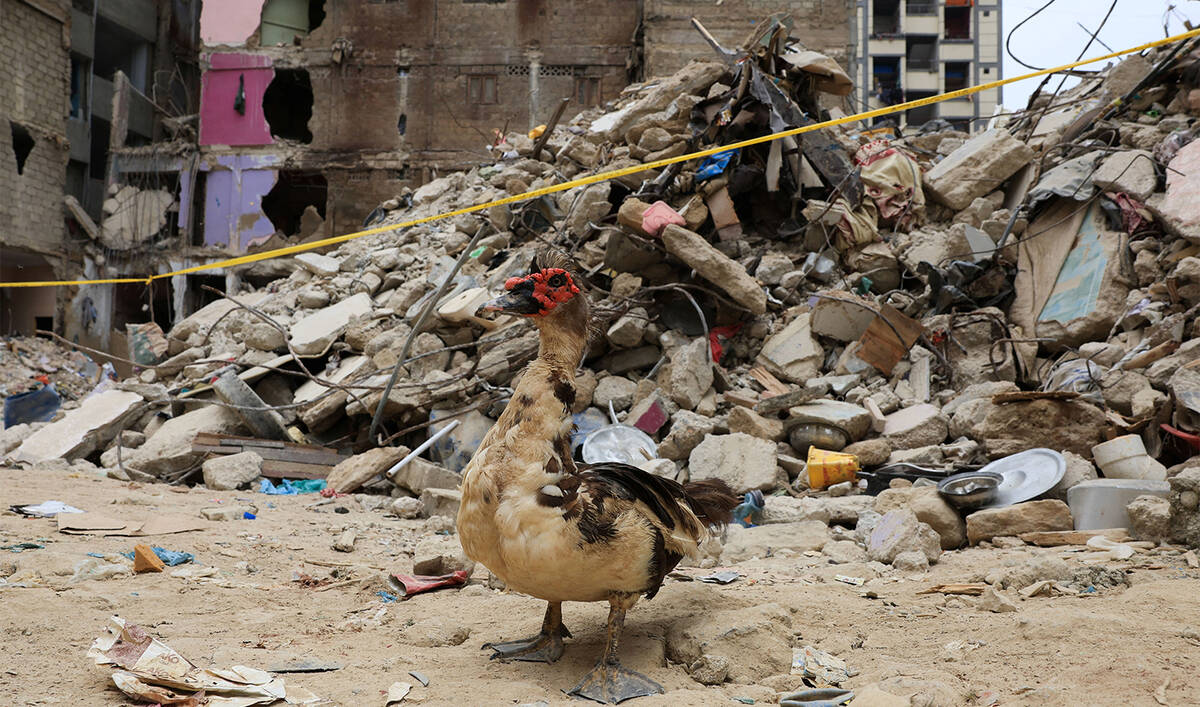KARACHI: Pakistan’s stocks and currency markets tumbled on Monday as investors reacted to the United States’ (US) foray into the Israel-Iran conflict, traders and analysts said.
The benchmark KSE-100 index dropped more than 3 percent to 116,167 points, the lowest in more than six weeks, while the rupee continued to weaken against the US dollar in the seventh consecutive session on Monday.
The index has plunged by nearly 5 percent since June 13 when Israel first hit Iranian military and nuclear targets in Natanz, Isfahan and Fordow, killing top generals and scientists among 78 people.
“Rising geopolitical tensions following a US strike on Iran shook investor confidence, causing the KSE-100 Index to drop by 3.2 percent,” Mohammad Waqas Ghani, head of research at JS Global Capital Ltd., told Arab News, adding that this was the fourth largest single-day decline in terms of points historically.
The attacks on Iran by the US, which followed Israeli strikes, have intensified the war and deepened geopolitical tensions in the Middle East, sending jitters to markets across the globe.
Monday’s 3.2 percent fall was the worst since May 8 when the index had plunged 5.9 percent day-on-day, according to Ghani.
“The spike in global oil prices has further intensified concerns about Pakistan’s external account vulnerabilities,” he added.
Cash-strapped Pakistan, which is trying to revive its debt-ridden economy with the help of International Monetary Fund’s $7 billion program, spent $17 billion on oil imports last year.
Raza Jafri, head of research at Intermarket Securities Ltd., attributed the day’s fall to redemptions at mutual funds and possible margin calls.
“Regional tensions are the main reason behind the weak sentiment,” he said, adding that if there was no further escalation, the value buying was expected to come through.
RUPEE DROP
The ongoing tensions have also impacted the Pakistani currency that lost another 0.06 percent as the greenback closed at Rs283.87, according to State Bank of Pakistan (SBP) data.
The rupee is constantly falling and has devalued 0.3 percent since the start of Iran-Israel conflict.
“The rupee is feeling the heat of this war, very negligibly though,” Zafar Paracha, secretary-general of the Exchange Companies Association of Pakistan, told Arab News.
“This stability in the exchange rate reflects the overall macroeconomic stability the country has achieved.”




















